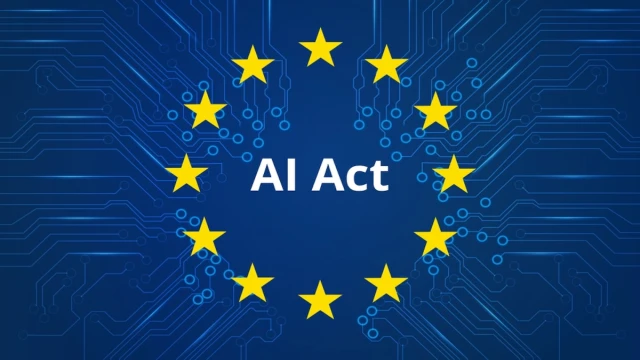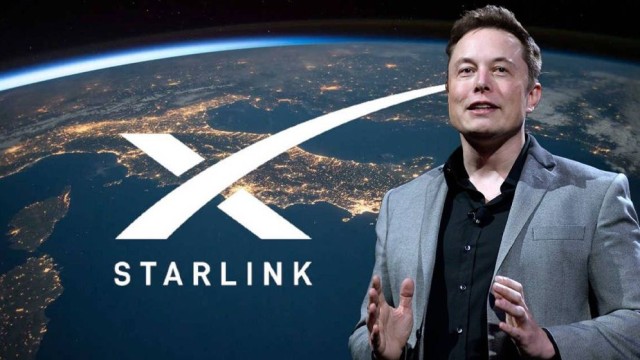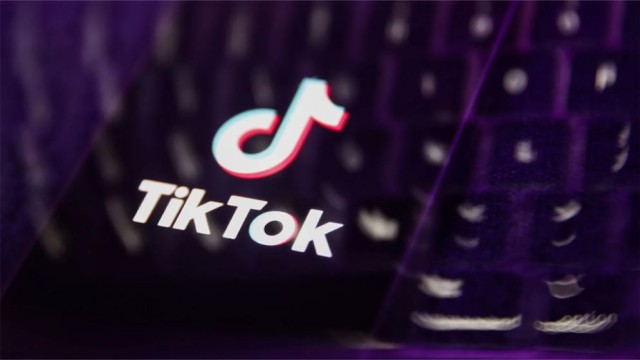BRUSSELS, July 5 (V7N) – The European Commission has confirmed that its landmark Artificial Intelligence Act will be implemented according to the legislative timeline set in the law, firmly rejecting recent calls from major technology companies and several EU member states to delay its enforcement.
This announcement follows growing pressure from U.S. tech giants including Alphabet Inc. (Google’s parent company) and Meta Platforms Inc. (owner of Facebook), alongside European AI firms such as Mistral and semiconductor company ASML. These companies have urged the Commission to postpone the AI Act by several years, citing concerns about compliance burdens, innovation constraints, and regulatory overreach.
In a statement on Friday, the European Commission reaffirmed its commitment to proceed with the legal framework as scheduled, emphasizing that timely implementation is crucial for ensuring ethical, transparent, and safe development of artificial intelligence technologies across the bloc.
The AI Act, adopted in 2024, is the first comprehensive regulatory framework for AI in the world. It classifies AI systems based on their risk level and imposes strict obligations on high-risk applications, such as those used in biometric surveillance, critical infrastructure, law enforcement, and education. It also bans certain AI practices deemed to pose unacceptable risks to fundamental rights.
While industry leaders argue that the Act’s provisions may stifle innovation, especially among startups and smaller firms, EU officials maintain that the regulation is necessary to balance technological progress with public trust, safety, and rights protections.
The Commission also dismissed the notion that a delay would benefit the European AI ecosystem, suggesting instead that clarity and regulatory certainty would foster a more robust, trustworthy AI market within the EU.
The law will enter into effect in stages, with key provisions for banned practices expected to apply within six months, and obligations for high-risk AI systems becoming enforceable within 24 months.
The Commission is currently working on detailed implementation guidelines and coordinating with national authorities to ensure smooth adoption across member states.
As global debates over AI governance intensify, the EU’s firm stance places it at the forefront of efforts to regulate emerging technologies while attempting to maintain competitiveness in the international AI race.
END/WD/SMA/































Comment: